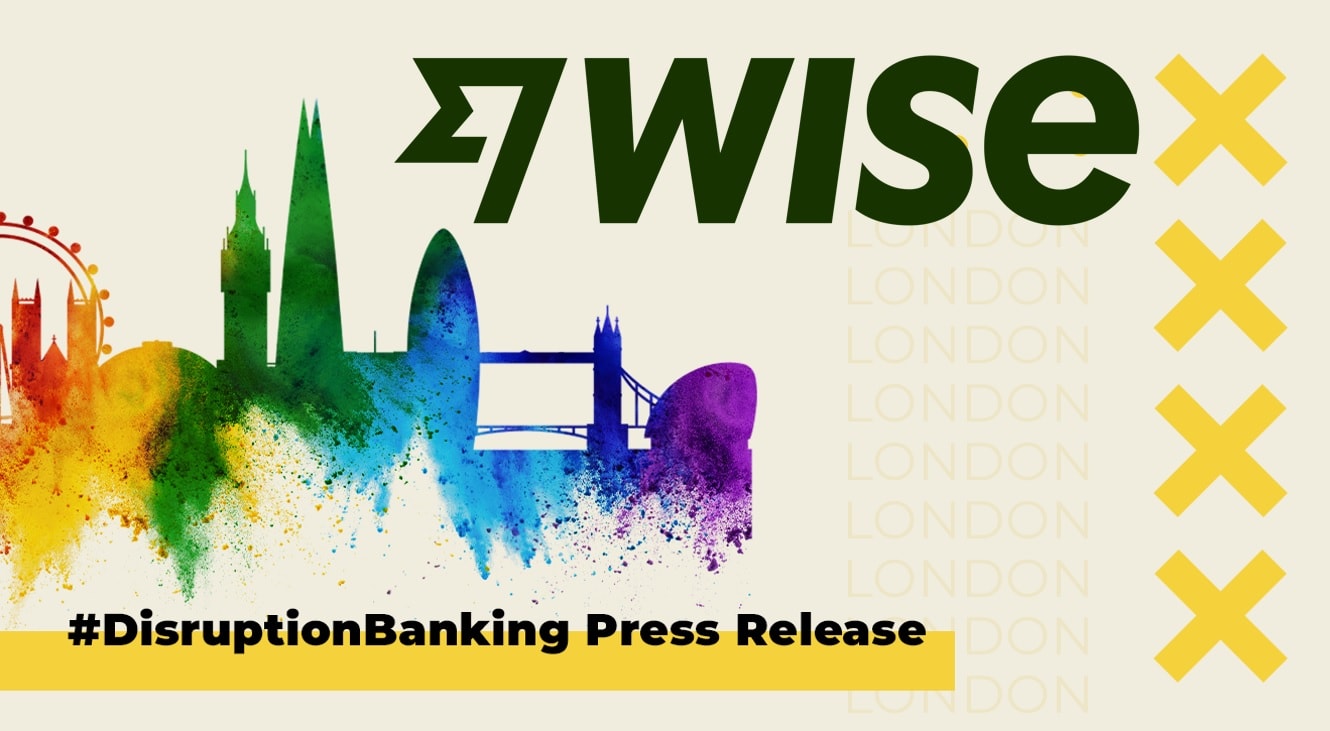“Finance is ultimately about trust,” said SEC Chairman Gary Gensler. Since the subprime crisis, a distrust of Wall Street led investors to embrace crypto as an alternative. Wall Street has vacillated over digital assets for years now, dismissing them as a Ponzi scheme one day and then salivating over the potential profits the next.
Now, at long last, Wall Street is mounting a platform to capture the ecosystem. A group of Wall Street stalwarts, including Citadel Securities, Fidelity, Charles Schwab, Paradigm Capital, Sequoia, and upstart Virtu Financial, have launched EDX Markets, a spot crypto exchange, which went live in September.
In contrast to many other exchanges for digital assets, EDX Markets will not require users to park their crypto and coins in wallets run by the platform. Instead, Anchorage Digital will provide custody for the EDX clearinghouse. Eventually, third-party banks will settle the trades.
In a recent statement, EDX Markets stated that that it will “remove significant conflicts of interest that affect existing cryptocurrency exchanges by separating responsibility for operating the exchange from the entities trading on it.”
For the SEC, this is a crucial distinction and it’s worth remembering when centralized exchanges like Poloniex refuse to allow users to withdraw their investments, which has been happening recently with certain assets.
A Twitter user called Establishment Killer who waited for Poloniex to honor a crypto conversion told #DisruptionBanking, “After two and a half months of uncertainty without much explanation, [Poloniex] is finally allowing withdrawals. They made people suffer and some couldn’t stand it and sold at a loss but in the end they paid. They suspend the deposit because they cannot redeem them and give you the real ether from the Ethereum network that it represents. Like a casino that closes on you at the box office because it doesn’t have the money available to exchange your chips, claiming that its safe is broken and when it is fixed it will exchange them for you.“
It happened before FTX collapsed and it happens frequently when exchanges are caught between secret trades going wrong and customers desperate to withdraw their funds. Huobi has frozen user funds multiple times. The SEC always squawks that something had to be done. The media decries the fraud and deception, but investors just keep coming back.
The Wall Street Playbook
Wall Street intends to institutionalize the markets for digital assets, a plan that many old-school crypto whales and libertarians denounce. They expressly wanted to cut out the middlemen. The beauty of digital assets was that they held the promise of finance without the bankers on either side of every transaction, collecting fees and betting against their clients on occasion.
“The reality is, you’re going to have an intermediary either way,” says Jamil Nazarali, the CEO of EDX Markets, who came from Citadel where he rose to global head of business development.
Let’s face it: analogous middlemen have sprung up within the crypto ecosystem and they are stealing and defrauding customers even more than the fraudsters they were meant to replace.
“Drawing from the blueprint of traditional finance will be critical to unlocking the next phase of institutional crypto,” said Diogo Monica, co-founder and president of Anchorage Digital. “Anchorage Digital has proven that separating custody and exchange functions for institutions isn’t just possible, it’s essential.”
The venue will give separate quotes for retail versus institutional investors, presumably the former will pay more.
Nazarali said separating quotes will enable “tighter prices and better execution.”
Dark Pools: Citadel’s Secret Sauce
Citadel Securities is a hedge fund that provides liquidity and does high-frequency trading. Citadel is known for operating dark pools, which are private exchanges where institutional investors, banks, and hedge funds go to play anonymously without their trades impacting prices in the NYSE or Nasdaq.
Estimates of dark pool trading range from as low as 18% to as high as 40% of US trading volumes. Now, they look like a snapshot. Dark pool volumes went from 16% in 2010 to 40% in 2017. Since then, if anything, it’s only grown.
In dark pools, prices often diverge from the public market, but the SEC allows these venues to maintain a stable and liquid trading environment. By trading in the dark, stock prices don’t have price crashes as frequently, and as a result, the market is stable, theoretically.
Citadel is a founding member of MEMX, the Members Exchange, along with several of the founders of EDX, including Charles Schwab, Fidelity Investments, Morgan Stanley, and Virtu Financial.
In a post on the topic, an anonymous Redditor wrote, “You will notice that a lot of the members of MEMX have their own dark pools. That coupled with the different types of institutions on there may lead to governance issues down the line.”
In the last decade, the regulators have gone after dark pool operators for various abuses, mostly for the misuse of confidential information and insider trading.
Lit Exchanges v. SDPs inter alia
As Wall Street moved away from the ‘lit’ exchanges, a larger volume of business migrated to “fucking invisible pools,” in which Citadel Connect is a leading single dealer platform (SDP). Citadel Connect provides access to unregistered dark pools that don’t have to report to FINRA and are not covered by SEC reporting regulations.
Unsurprisingly, Citadel holds an ever-growing swath of total market activity among securities wholesalers.
It’s only a matter of time before EDX Markets or a similar entity offers this feature to institutional investors. When that happens, it will be a whole new ballgame or really two ball games, one people can see and the other played in the dark.
A Redditor named “Flaming_Pope,” wrote “Lit exchanges keep people honest. Think of lit exchanges a certified iPhones. Sure you can go to the black market (darkpools) and get iPhones for 20% off, but you never know what you’re getting.“
The potential for criminality and market manipulation in these kinds of transactions are quite different: anonymous crypto trades could be used for money laundering, whereas dark pool transactions are meant to stabilize markets and provide liquidity.
However, neither is always the case. What is true is the excruciatingly slow pace of regulators when responding to major changes in equity markets. The last time the SEC upgraded the rules involving dark pools was in 2005.
Since then, dark pools have been fertile ground for market manipulation and occasional SEC enforcement. While stability may be the goal, there’s also potential for disruption.
Make Crypto Great Again
Is this the end of the ethos that was previously crypto’s raison d’être?
Bitcoin began as “a way to conduct transactions without the intervention of a trusted third party.” That meant, blockchain being a peer-to-peer decentralized ledger, banks were not needed as intermediaries to conduct transactions. At first, exchanges were decentralized and reflected that ethos.
But bitcoin didn’t become a juggernaut until centralized exchanges came into existence, opening the door for a flurry of new investors. Prices went up. Fees also went up. The sudden and massive influx of capital was accompanied by a disheartening rise of hacks and fraud.
Take Mt. Gox, the first major centralized crypto exchange in the world, which in early 2014 handled 70% of bitcoin trades worldwide. One would assume Mt. Gox was running a pretty tight ship, even if the exchange had its origins as a platform for trading Magic The Gathering cards. NOPE!
A week after the collapse of Mt. Gox, Wired, the first-rate tech reporter, wrote, “Bitcoin promises to give a bank account to anyone with a mobile phone, no ID required. It’s clearly an amazing and potentially world-changing technology — the first viable, decentralized, reliable form of digital cash. It could democratize international finance.”
We were so idealistic back then. Bitcoin was “clearly” going to change haute finance. But, just as what would happen with FTX several years later and countless other exchanges along the way, fraud and a cavalier attitude toward security led to investors losing their shirts.
While the thought of Wall Street gatekeepers controlling large swaths of the crypto space is a dark harbinger for many a large crypto whale, it’s naive to wax nostalgic about the early days of Bitcoin.
Oh, the halcyon days of crypto yesteryear! It was an age of renegade entrepreneurs and Anonymous hacktivists. The space was pure, and Bitcoin was only a buck. Mt. Gox was thriving, but then it all went to pot and those troublesome hackers made off with $460 million.
Alas, we can nevermore return to those heady days. And why would we?
Since its primordial origins, crypto has always been a risky, speculative investment in an ecosystem rife with fraud and money laundering. Whatever altruistic intentions infused Bitcoin’s white paper, the real-world application has remained elusive and ROI has been inconsistent.
Now, Wall Street claims to have found the solution.
Dark Pools of Crypto
In the crypto ecosystem, decentralized dark pools already exist to some extent, but they are limited in scope. Kraken operates one, but it’s not open to new investors.
Institutional interest in digital assets drove the market on a bull run to its 2021 high. It was people like Elon Musk and Michael Saylor preaching the Bitcoin gospel on Twitter and the news.
Dark pools proliferated with that movement, but liquidity issues and volatility dogged the market, and so a lot of tradfi whales stood on the sidelines, risk-averse. Adding to their reluctance, it was necessary to rely on intermediaries to carry out trades.
The founders of EDX Markets know that there are a lot of institutional investors loudly wishing for a less circuitous, more secure, and more compliant venue for digital assets.
Meanwhile, dark pool providers are making big promises about future crypto market stability, even if they issue disclaimers and couch their forecasts with terms like “to a degree.”
The long-term effect of this movement is that small market participants will lose arbitrage opportunities while big institutions exploit small differences in price, increasingly dependent on AI and high-frequency trading, as the market is captured by hedge funds and big Wall Street banks.
Where do we go from here?
Wall Street may stimulate upward price movement in crypto markets, but the insane bullish growth will likely be a thing of the past. Hopefully, so will the biggest hacks and fraud-driven crashes.
The reason why EDX Markets exists is to serve the interests of its founders and their institutional investors, but that might be best for the long-term stability of the markets for digital assets.
However, the stability provided by Wall Street likely won’t generate a lot of trust for many of the current market participants.
Author: Tim Tolka, writer, journalist, and BI researcher
The editorial team at #DisruptionBanking has taken all precautions to ensure that no persons or organizations have been adversely affected or offered any sort of financial advice in this article. This article is most definitely not financial advice.















